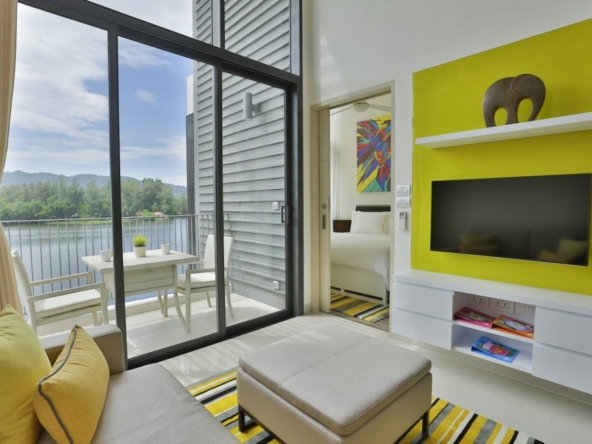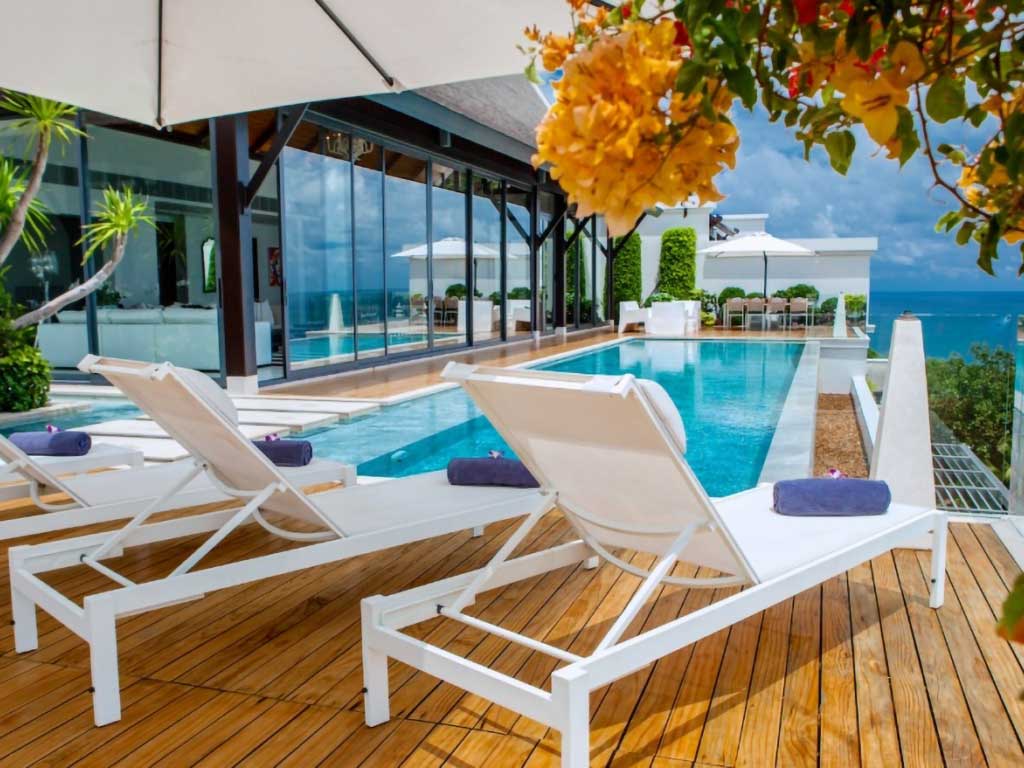Decoding Thailand’s 30+30+30 Leasehold Agreement: Key Considerations for Foreigners
Hey there, fellow property enthusiasts!
If you’re dreaming of owning a piece of paradise in Thailand, it’s vital to wrap your head around the ins and outs of the leasehold agreement known as 30+30+30. Trust me, you don’t want any surprises down the road! In this blog post, I’ll break it down for you and highlight the key points you should know before diving into this leasehold arrangement.

1. Foreigner-Friendly, but Land Ownership Limitations:
Thailand’s laws don’t allow foreigners to own land directly, but don’t fret! Leasehold agreements have become a popular workaround. Just remember, when you enter into a leasehold agreement, you’re not technically the landowner. Instead, think of yourself as a tenant with some limitations on your rights and control over the property.
2. Time to Talk about Lease Periods:
Now, let’s get into the nitty-gritty of the lease period. In the 30+30+30 leasehold agreement, the initial lease term spans 30 years. That’s a good chunk of time, right? But wait, there’s more! You have the possibility of two 30-year renewal periods. However, here’s the catch: whether you can renew the lease after the first 30 years or subsequent renewals depends entirely on the landowner. They hold the cards, and it’s up to them whether they extend the lease or not.
3. Legal Troubles and Unsettling Rulings:
Picture this: Thai courts have expressed concerns about the legality of these 30+30+30 leasehold contracts. Some rulings have even declared them invalid and unlawful. They argue that these agreements may resemble foreign ownership, which is a big no-no under Thai law. Ouch! As you can imagine, this uncertainty can lead to potential risks and complications, especially when you’re investing a considerable amount of money. So, my friend, it’s crucial to approach leasehold agreements with utmost caution and take the time to carefully evaluate the implications.
4. Thinking Outside the Leasehold Box:
Wait, there’s an alternative! If you’re eyeing a condominium, it might be worth exploring the option of acquiring a freehold unit, even though it could be a bit pricier. Another avenue to consider is forming a legitimate Thai company to own properties or villas. But hey, don’t forget to stay on the right side of the law! Make sure you comply with all the relevant Thai regulations to avoid any headaches down the line.
5. The Power of Knowledge and Due Diligence:
Knowledge is power, my friend! Before you jump into any leasehold agreement, take the time to understand all the terms and conditions. It’s crucial to seek professional legal advice to review the contract thoroughly. You want to be crystal clear about your rights and obligations. Don’t skip out on your due diligence! Dive deep into researching the property, its ownership history, and any potential legal snags. Trust me, a little bit of extra effort now can save you a ton of stress later on.
In a nutshell, the 30+30+30 leasehold agreement can open doors for property ownership in Thailand, but it’s essential to be aware of the limitations and uncertainties involved. Remember, exploring alternatives like freehold condominium units or forming a Thai company can provide you with more secure ownership options. Approach property transactions with caution, arm yourself with knowledge and seek professional legal advice to make informed decisions.



